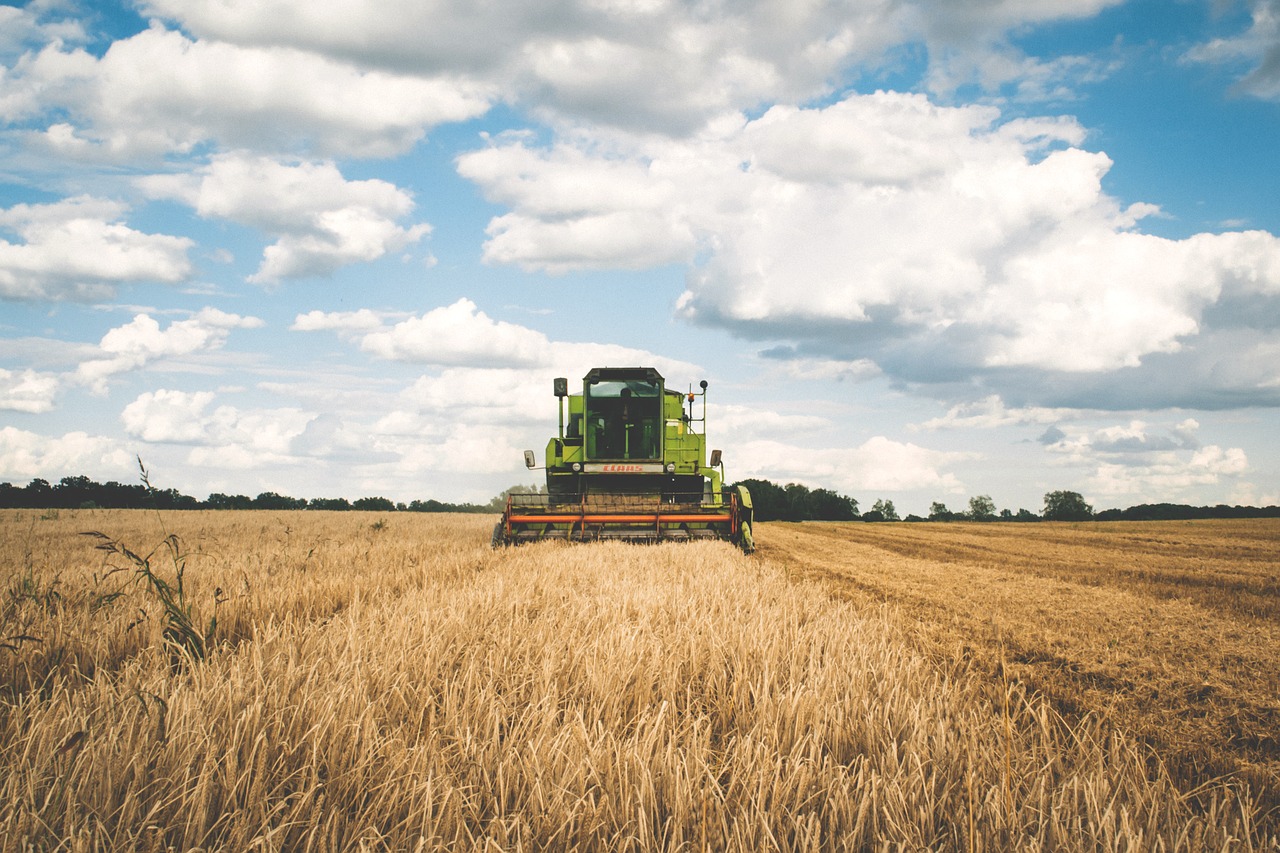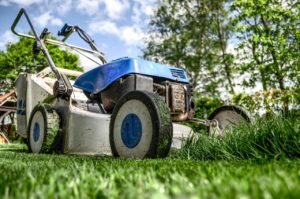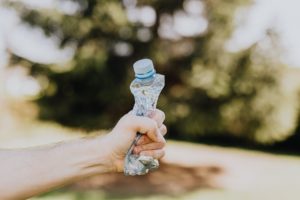Plastic injection molding is a historic manufacturing process for the production of plastic parts. The credit for inventing this process goes to John Wesley Hyatt, who was an American inventor. He patented the first plastic injection molding machine back in 1872. Hyatt stumbled upon the idea while trying to produce plastic balls to replace ivory billiard balls.
While it’s safe to say that his products didn’t meet the market’s demands, the machine he built did. As a result, the plastic injection molding industry has evolved to the point where we can now manufacture plastic products on a large scale. Today, this process is crucial for producing equipment in the medical field as well as the agricultural sector, to mention a few.
Injection Molding Process
The process of plastic injection molding involves injecting molten plastic into a metal mold to eventually produce plastic parts. Manufacturers around the world have adopted this process to create goods such as garbage bins or plastic bottles.
The process is broken into four steps:
- Melt the plastic
- Inject the melted material into the mold
- Give the molten material enough time to cool and become solid
- Remove the solid part from the mold — it’s ready for its intended task
The Needs of the Agricultural Industry
Those who work in the agricultural industry are aware of its many regulations and the value it places on quality equipment. While the industry is always seeking ways to reduce costs and maximize profits, products that don’t meet certain quality requirements are sure to fail in the rigorous agricultural field.
As the old adage goes, “you get what you pay for,” so saving a few dollars on cheaper parts will lead to more breakdowns and failures, negating those initial savings. Agricultural parts must be tough enough to withstand the harsh conditions of the field and offer years of service without fail.
Thankfully, the industry can rely on plastic injection molding to produce durable parts that can absorb the heavy wear and tear from tough conditions.
Benefits the Agricultural Sector Enjoys With Plastic Injection Molding
Plastic parts have been part of this sector for more than 90 years. Their durability and lightweight nature are features that leaders in the agricultural community can’t overlook. When you compare plastic parts to their metal counterparts, they aren’t subject to the same deterioration in certain weather conditions. Metal will eventually show signs of corrosion after exposure to moisture, which means these parts need to be replaced more often. Plastic parts enjoy a longer lifespan and, as a result, are a cost-effective solution.
In the agricultural sector, the parts you use for daily operations must comply with certain regulations. Since the US agricultural industry is responsible for providing quality crops to the country and citizens of the world, they must also adhere to food safety standards.
At every stage of cultivation, there must be testing and monitoring to meet the FDA standards. For this reason, plastic injection molded parts are essential for the equipment that tests the soil, removes debris before planting seeds, places seeds at specific depths, and controls irrigation flow.
Injection molding allows for a greater degree of precision and control during the manufacturing process, creating parts that both meet and exceed necessary quality standards. Our engineers use transducers within the mold to finely tune certain aspects of the process. We can make minute adjustments to the temperature, pressure, and flow to ensure accurate and efficient production.
Closely monitoring manufacturing in this way means we reduce waste and cut down on the number of defects. Consistency in production allows for better quality guarantees on a part and reduces production costs, which the end-user enjoys.
Rely on High-Quality Plastic Parts for Your Agricultural Needs
Whether you’re a local gardener or a massive agricultural operation, you can’t underestimate the power of using quality parts for your equipment. Reliant Plastics offers custom molds for the agricultural industry to meet both your requirements and industrial regulations.
We always test the parts we produce to ensure they will stand the test of time and offer you service for several years. Instead of paying more for domestic metal parts or importing cheap plastics from foreign producers, we offer durability and quality with the parts we manufacture here on US soil.
Bear in mind that our thermoplastics are as strong as metal parts. Even though they’re strong and reliable, they are also far lighter than metal, making them easier to work with on an agricultural site.
As the preferred local manufacturer of plastic parts for the agricultural sector, we encourage you to reach out to us and obtain a free quotation for the parts you require.




